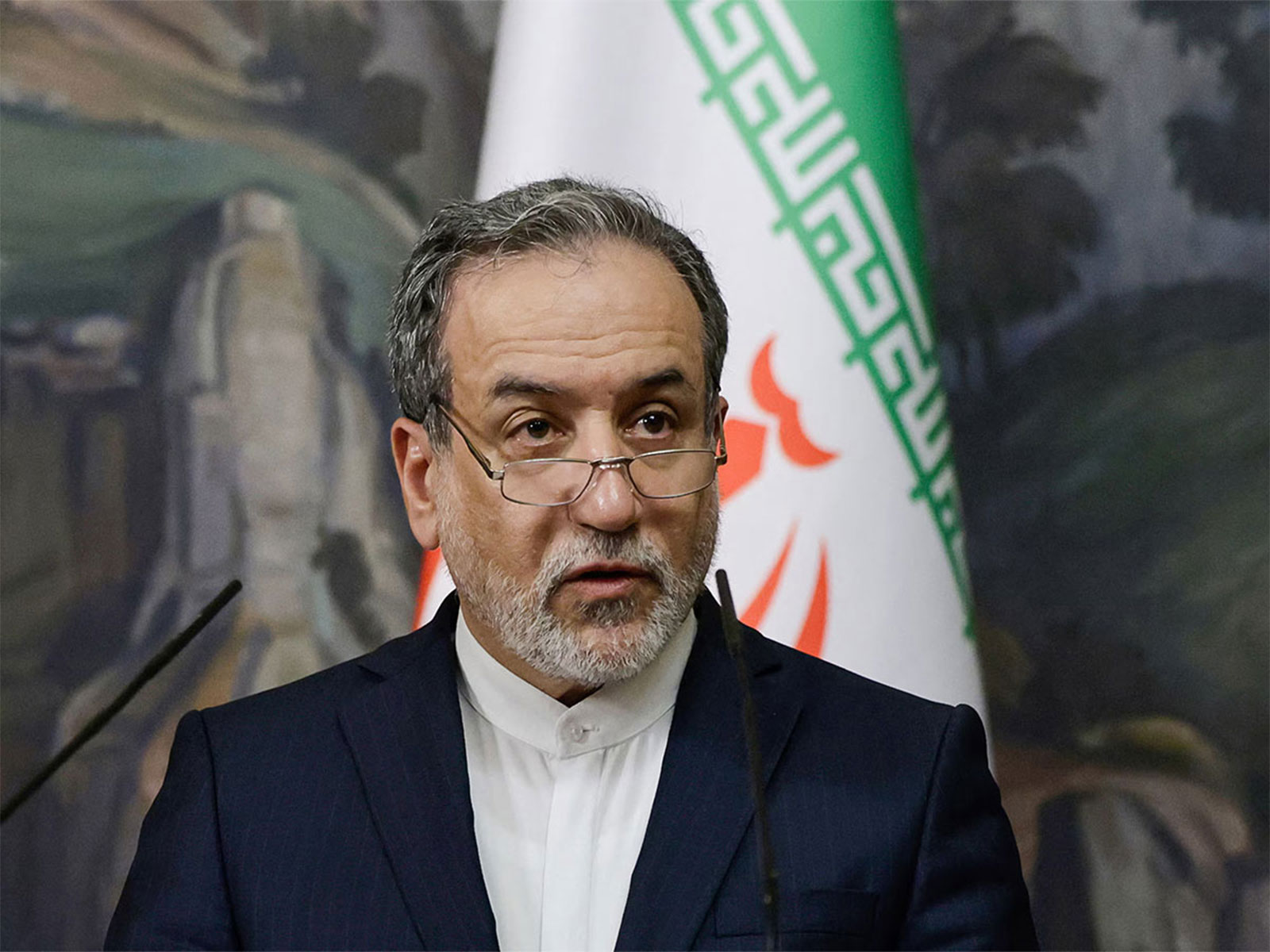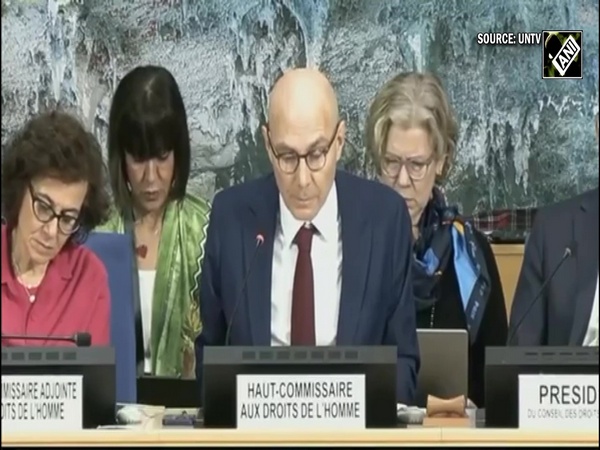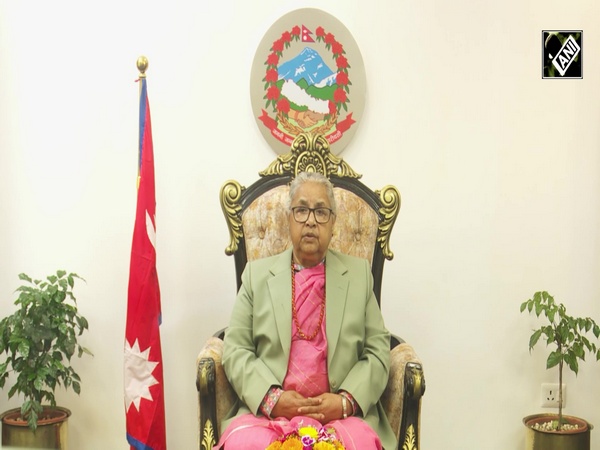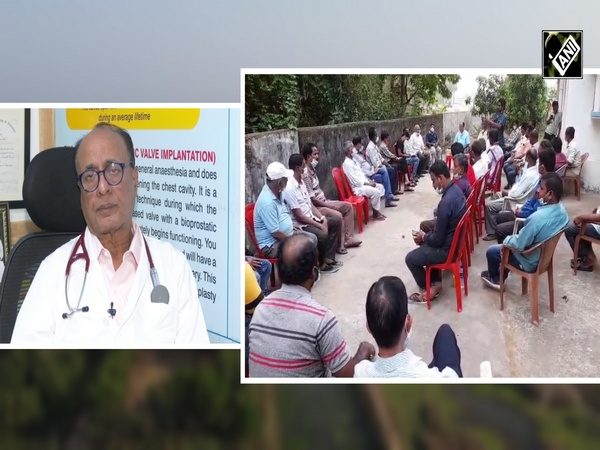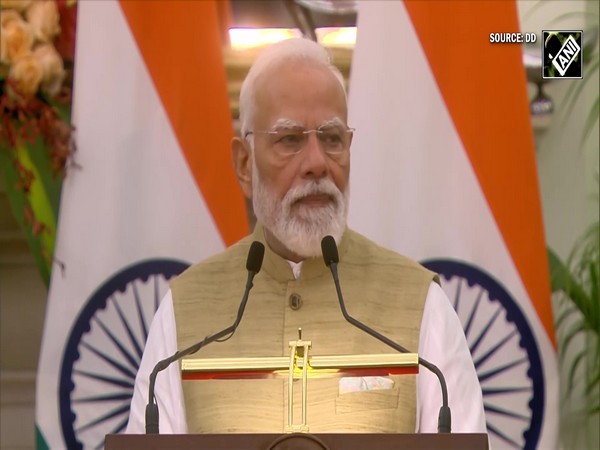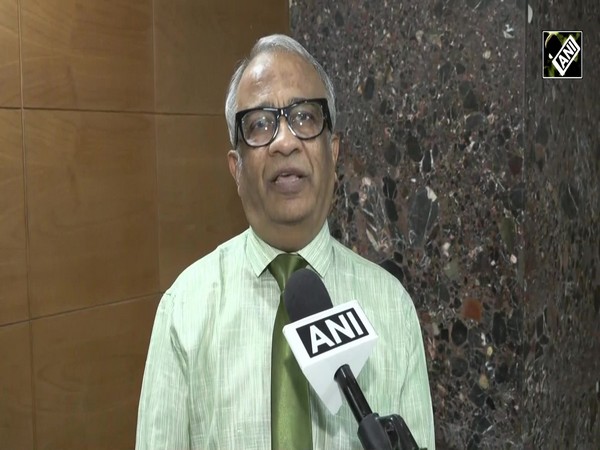UKPNP chairman raises concerns over China-Pakistan Economic Corridor's adverse impact in PoK
Mar 15, 2024

Geneva [Switzerland], March 15 : Sardar Shaukat Ali Kashmiri, Chairman of the United Kashmir People's National Party, highlighted on Friday pressing issues facing the residents of Gilgit-Baltistan (GB) in Pakistan-occupied Kashmir (PoK), shedding light on the detrimental effects of the China-Pakistan Economic Corridor (CPEC) and the failure of Pakistan to address local concerns.
Kashmiri emphasised that the rules of business in GB disproportionately favour Pakistan, neglecting the basic needs and rights of the local population. He also raised concerns about the severe environmental impact of the CPEC, stating that it has caused irreparable harm to the region.
"The issue in GB is that the rules of business are in favour of Pakistan and all the basic amenities for the local population have been compromised. The China-Pakistan Economic Corridor has severely affected the environment," said the activist in an interview with ANI.
Furthermore, Kashmiri lamented the lack of job opportunities for locals within CPEC projects, asserting that the touted benefits of development remain elusive for the indigenous population.
"Neither there is no job opportunity for the local population in these projects nor these projects will help in development for the locals," he added.
He pointed out the exorbitant rise in prices of essential commodities such as flour and rice, which have become scarce in local markets, exacerbating the hardships faced by residents.
Highlighting the broken promises of the past, Kashmiri recalled Pakistan's commitment in 1960 to provide free electricity and compensation for land to GB residents affected by development projects. However, he underscored that these promises remain unfulfilled even after more than five decades, leaving the local populace disillusioned and deprived.
Moreover, Kashmiri criticised Pakistan's response to demands for rights, alleging that the authorities resort to intimidation tactics, including threats to halt the supply of essential food items, to suppress dissent.
The grievances raised by Kashmiri echo the longstanding frustrations of GB residents, who continue to struggle for necessities and equitable treatment within the framework of development initiatives.



